Monetization in customer success – Reality or Myth
Jonathan Lee
ISSI Customer Success Practice Lead
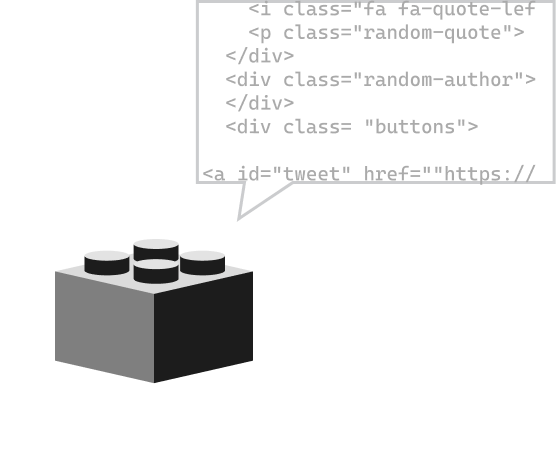
Customer Success Practice Blog Series #6
In my previous blog posts (#1, #2, #3, #4 and #5) I discussed how Customer Success is critical to growing a competitive business and is becoming an important practice in many organizations. However, there are substantial investments, hence a common question I get from CEO/Owner/Stakeholders is whether Customer Success can be monetized. They wonder if monetization in Customer Success is a reality - or a myth.
In this blog I'll discuss the trend of monetization in the market, what defines monetization, how to execute a monetization strategy, and provide a good example. I'll also look at the cost center vs. profit center positioning.
Customer Success Monetization Is Becoming A Reality
Based on a recent TSIA research report [a], the practice of monetization is becoming increasingly widespread, with 51% of companies currently adopting fee-based customer success offers. This is up from 45% in 2021.
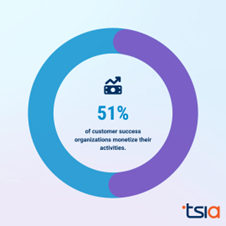
But that leaves a huge 49% that is not monetizing Customer Success. Based on my experience working with partner organizations on audit and consulting services, between half and two-thirds are not monetizing their Customer Success practices. For these companies, monetization is still a myth.
What Does Monetization Mean?
In the report cited above, TSIA describes monetization as providing supplementary services to customers in return for a fee. Examples of these services include optimization, proactive support, consulting, and change management. The following diagram from TSIA provides a good insight.
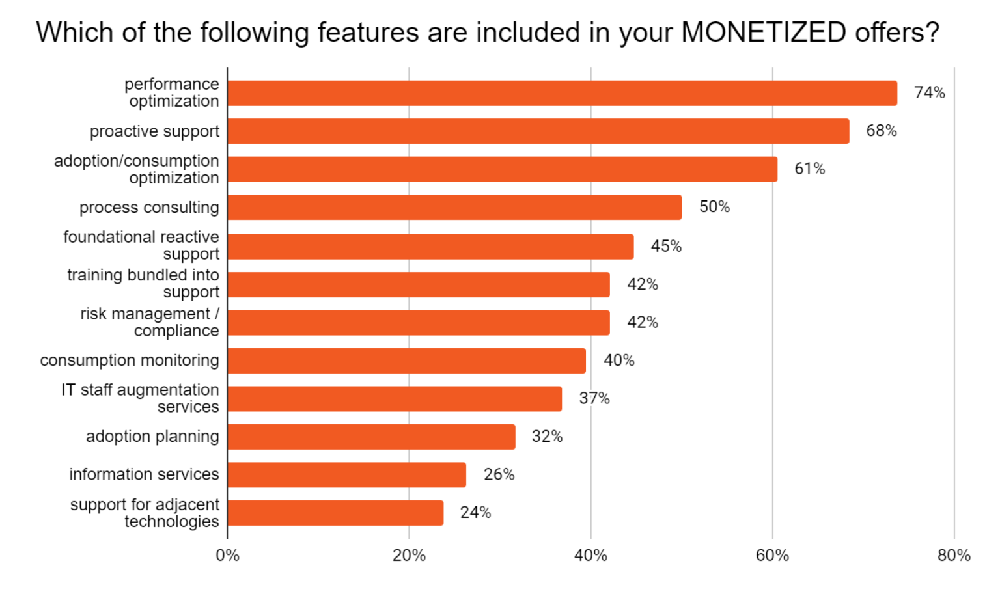
TSIA provides another list of services that companies offer without charging for them. These are typically essential features that bolster customer engagement and satisfaction.
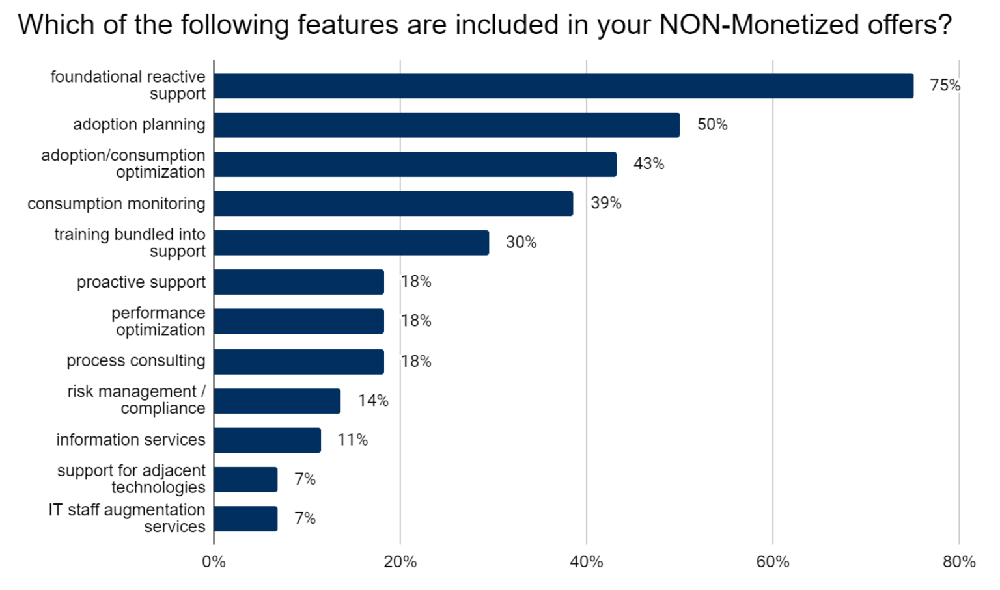
The difference between these diagrams is clear. Free (non-monetized) services are mainly reactive, such as customer support. In contrast, fee-based (monetized) services are typically proactive, such as adoption/optimization/consulting. These proactive, fee-based services need to be clearly articulated and their benefits and scope defined so customers know what they are getting.
The diagram below, also from TSIA, provides another perspective. Services that come with a lower cost and a lower business impact may be offered for free, while others with a higher cost and a higher associated business impact may be fee-based. [b].
In summary, proactiveness and business impact are the two key characteristics of a successful monetization strategy.
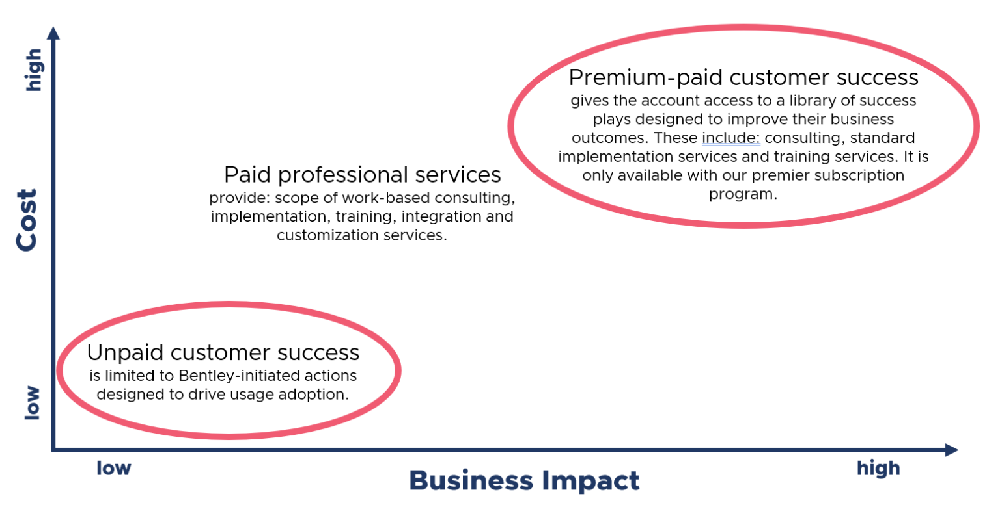
Monetization Execution
How do you execute monetization? The table below highlights two paths to monetization:
- As part of the bundle Customer Success Manager (CSM) program
- As part of the standalone additional service
| As part of bundle CSM program | As part of standalone additional service | Remarks | |
|---|---|---|---|
| For Fee (Monetized) | Proactive support (e.g., Gold Tier) such as structured success plans to drive adoption and outcomes, quarterly success reviews to track consumption, dedicated CSMs who understand the customer better. | High impact services - Customized use case workshop, Ask the Expert sessions, mentoring, communication plans, change management, etc. | High cost due to the resources required but also high impact. |
| For Free (Complimentary) | Reactive on-demand support (e.g., Silver Tier), incident driven, no review, no dedicated CSMs. | Low impact services - basic handover training, self-paced standard eLearning, etc. | Low cost due to the minimal effort required. But also, low impact. |
To justify the fee charged, partners need to clearly articulate the impact (outcomes), scope of work, and deliverables. They also need to involve their marketing team to "productize" the offerings by creating collateral and selling points that will appeal to targeted audiences.
Standalone services might include customized onboarding and awareness campaigns, change management strategy planning and implementation, training services (planning, management, delivery, measurement), end-user adoption services, and value realization services [c]. If you are a distributor, there are additional monetization approaches by adopting Customer Success-as-a-Service.
For a good example of the bundled CSM program, let's examine the Salesforce implementation [d]. The table below shows both free and premium fee-based services. The main characteristics of fee-based services are proactive (CSM ownership), impactful (outcome-based accelerator) and customized (custom training) - the same traits discussed earlier.
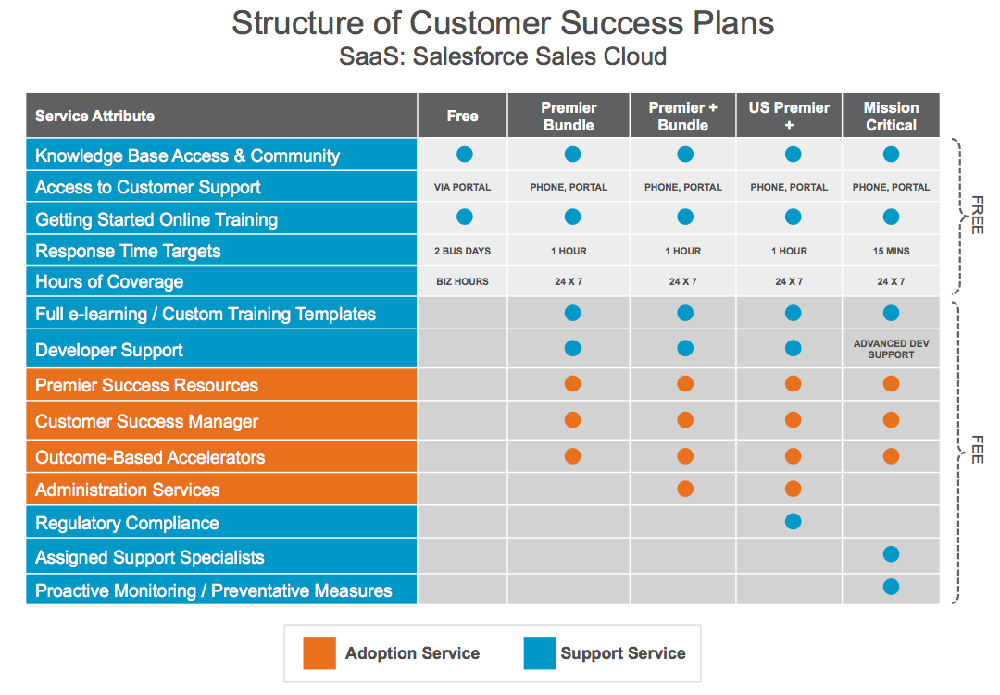
Customer Success As A Cost Center Vs Profit Center
Most Customer Success practices are first set up as a cost center to support Adopt and Renew activities. This allows quick investment into the practice and accelerates the time to market of the Customer Success function. As the company matures, Expand is added.
Then monetization is introduced as the first step in turning the cost center into a profit center.
The short-term, immediate goal is usually cost recovery. While monetization of the Customer Success practice through premium bundles and/or standalone services can help the practice "earn" its own income, the path can be a multi-year journey. Turning it into a profit center requires substantial investments, such as hiring of CSMs, training, process alignment, tool investment, and so on.
For many companies, the monetization strategy is still in its infancy and there will be adjustments and alignment required to make the Customer Success service more attractive. The amount earned during the first few years may not fully pay off the investment, so a cost recovery model is more realistic in the beginning.
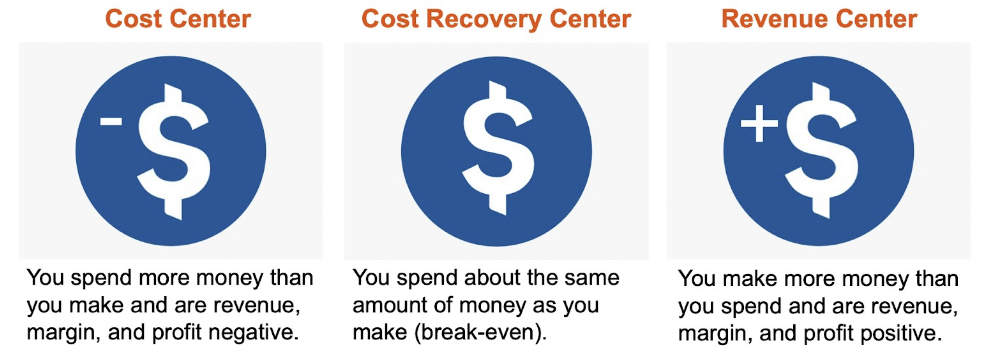
Once the practice has gained a certain level of maturity and can scale the services, a full profit center model can then be pursued. Also, being a full profit center is not just about earning money but also operating more efficiently at a lower cost by leveraging automation through tools, fine tuning processes, and optimizing the whole practice—all part of the maturing process.
Conclusion
Customer Success monetization is more reality than myth. With the current trend of more companies successfully monetizing their Customer Success practice through being proactive, impactful, and customized, the reality camp will prevail.
There are also other forms of indirect monetization that should also be considered, such as incremental Expand revenue from Upsell/Cross-Sell via CSMs and "influence revenue," such as professional services revenue, that is discovered by CSMs. These can bring additionally profits to the business.
But Customer Success is not just about monetization. It can foster adoption realization, revenue expansion, customer satisfaction, and turn the partner into a trusted advisor. Monetization is important, but companies still need to focus on the fundamental mission of Customer Success, which is Adopt, Expand and Renew.
To learn more about how you can Customer Success monetize your Customer Success practice, contact us via email at sales@issi-inc.com.
About The Author
Jonathan WM Lee is the Customer Success Practice Lead at ISSI. He holds the following certifications - Prosci Certified Change Management, Cisco Customer Success Manager, Microsoft Services Adoption Specialist, Certified Customer Success Manager Level 1 & 2 (SuccessHacker) and has extensive experience of over 100 engagements in training, consulting, and auditing of Customer Success programs, processes, and tools. He is the co-author of the Cisco Advanced Customer Experience Specialization Checklist and Juniper Networks Business Model Transformation Blueprint/Playbook. He has previously spoken in the ISSI-TSIA webinar on "Identifying Strengths & Gaps of your CS Practice." [e]
References
- Research report - Monetizing Customer Success: The Good and Bad Strategies (TSIA)
- Precision Engagement at Scale. Pairing Experts with Individual Users - David McKenney, Bentley Systems (TSIA webinar - The next level of scaling Customer Success)
- How can we Monetize Customer Success? Rick Adams (LinkedIn)
- Case study - How Salesforce monetize Adoption Service (TSIA blog)
- "Identifying Strengths & Gaps of your CS Practice." (ISSI-TSIA webinar)
Additional Articles
ISSI’s Burjor Mehta recognized by Publisher SiliconIndia
ISSI’s Burjor Mehta Recognized by Publisher SiliconIndia Click here to read the full article SiliconIndia has Placed ISSI CEO Burjor Mehta in their 100 Most
Building blocks of a customer success practice
Jonathan Lee, ISSI Customer Success Practice LeadBuilding Blocks of a Customer Success Practice By Jonathan Lee – ISSI Customer Success Practice Lead Customer Success Practice Blog Series #3 As mentioned in
Moving Towards a Greener IT
Abdul Shakhashiro, ISSI Senior ConsultantAdherence to environmentally sound practices-and the ability to show measurable results around those practices-is affecting the global partner community. Yet in our work with cloud partners, we often run into organizations that are just beginning to understand the business consequences of not establishing best practices for reducing the impact on the environment.
- 11 APR 2024
Getting started on a cloud partner transformation plan
David Pool, ISSI Senior ConsultantGetting Started on a Cloud Partner Transformation Plan By David Pool – ISSI Senior Consultant A big challenge that established partners face when deciding to
05 NOV 2022Is now the right time for cloud service solution providers to adopt a customer success approach?
Jonathan Lee, ISSI Customer Success Practice LeadIs now the right time for cloud service solution providers to adopt a Customer Success approach? By Jonathan Lee – ISSI Customer Success Practice Lead
26 FEB 2025Configuration Management Databases: Adding value for partners and their customers
Barry Turner, Senior Consultant, ISSIThe key to implementing an effective CMDB is having accurate information. In the rapidly changing cloud world, information on every configuration item must be automatically and frequently updated. This can be done in real time, although it is more commonly done once a day, either overnight or in a low-demand period.
